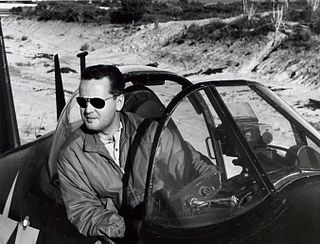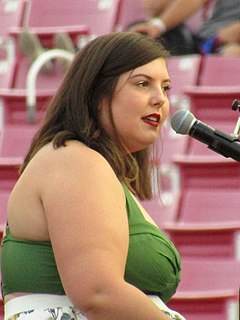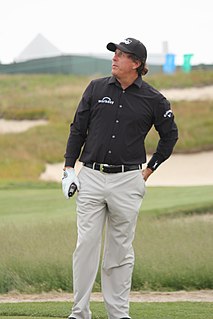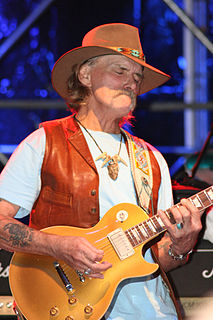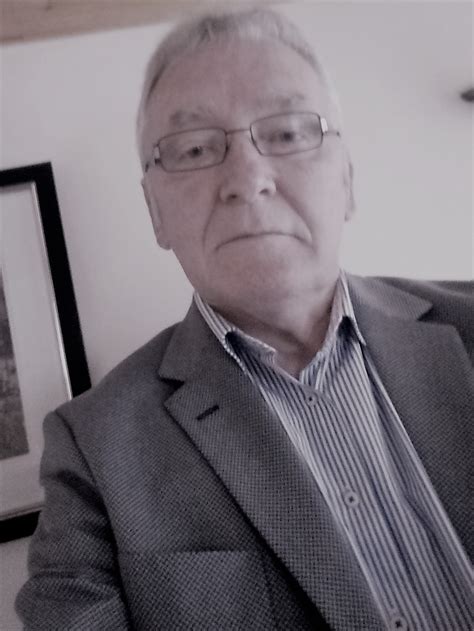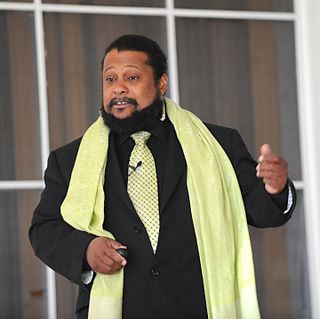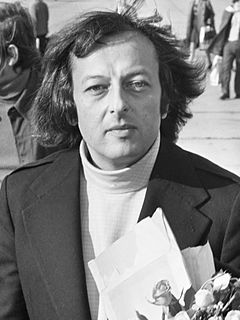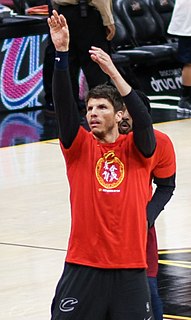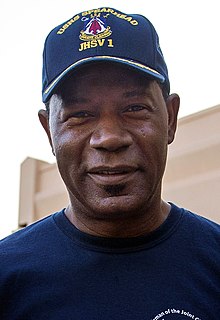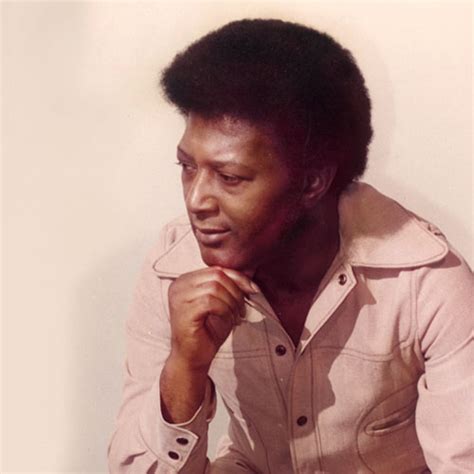A Quote by Lynn Garrison
In every squadron there were, perhaps, four or five pilots who exuded confidence. They knew that they were going out to shoot. The rest knew sub-consciously, that they would make up the numbers, mill about, and get shot at.
Related Quotes
When I was in high school in the early 1970s, we knew we were running out of oil; we knew that easy sources were being capped; we knew that diversifying would be much better; we knew that there were terrible dictators and horrible governments that we were enriching who hated us. We knew all that and we did really nothing.
Duane Allman was bursting with energy ... he was a force to be reckoned with. His drive and focus, as well as his intense belief in himself and our band, was incredible. He knew we were going to make it. We all knew we were a good band, but no one had that supreme confidence like he did, and it was a great thing, because his confidence and enthusiam were infectious... it says a lot that his hero was Muhammad Ali. That kind of supreme confidence that Ali had - that's where Duane was coming from
I think that knowing where you're going is important, and it's not like, when Robert says that, it's not like we know what every episode of the next five, four, five, six seasons of the show is going to be. I think Matt Weiner knew how Mad Men was going to end. Vince Gilligan knew how Breaking Bad was going to end. Marc Cherry knew how Desperate Housewives was going to end. Along the way, the process of crafting those stories ... You don't know what the road, what twists and turns that road is going to take to ultimately get you there.
I knew that's where I was going. I knew we were going to Italy. You couldn't make this movie in America at this price. I knew it was going to be big. I knew there was going to be a ship involved and that there was going to be a set as big as the ship. I thought, well, here we go. But I knew that was where he was headed. He had been going this way for some time. All directors, once they have some success, they want to spend a whole heck of a lot of money. (Something else can't hear.)
I knew that they were going to be reading actors for Manute, and I wanted to give it a shot. I wanted a shot to do it, and they embraced that and said, "All right, come on in. Let's see what you've got." So, I went in, and the rest is history. It felt good when I went into the office, and it just worked.
